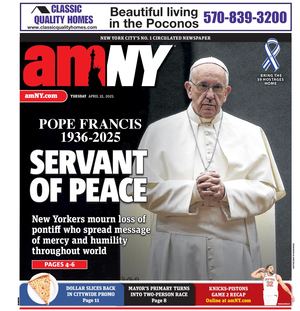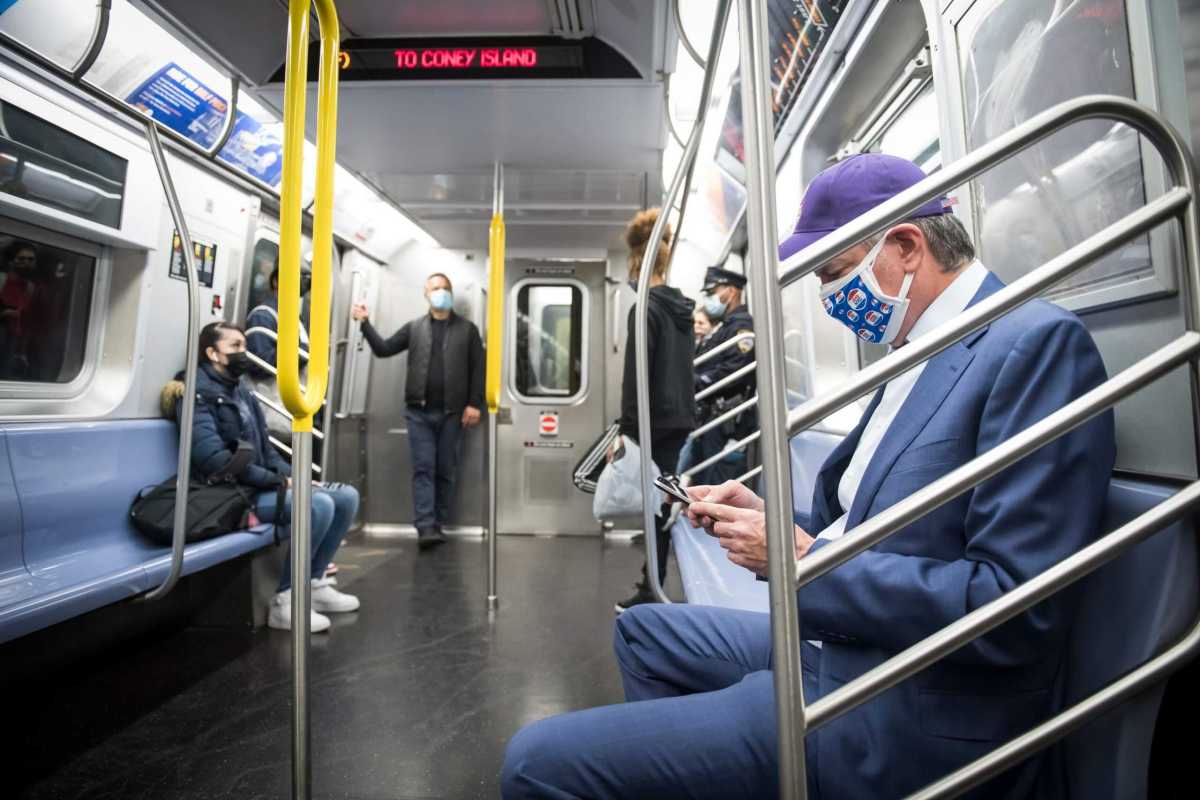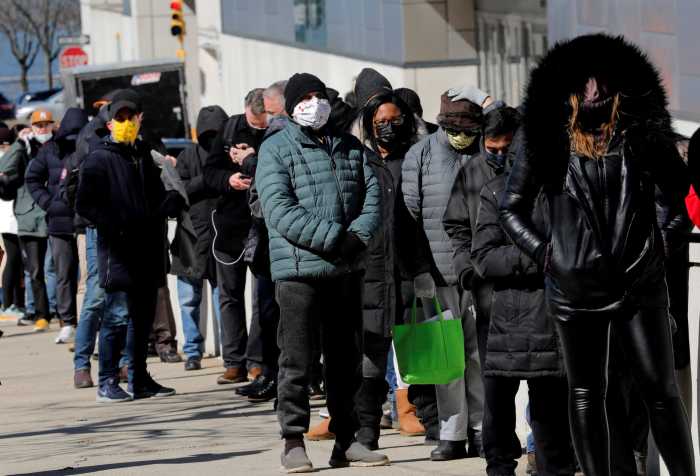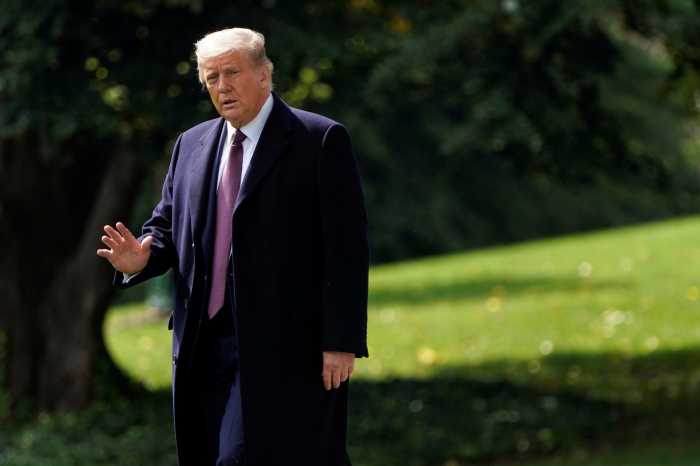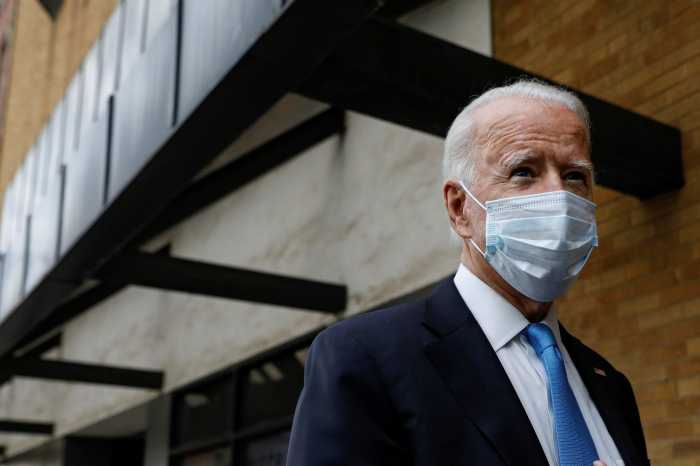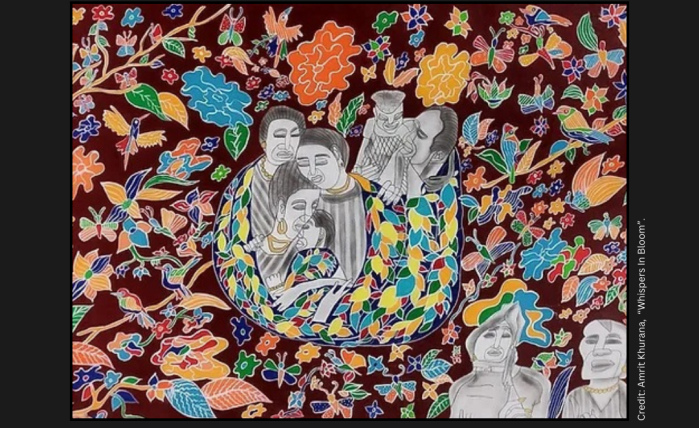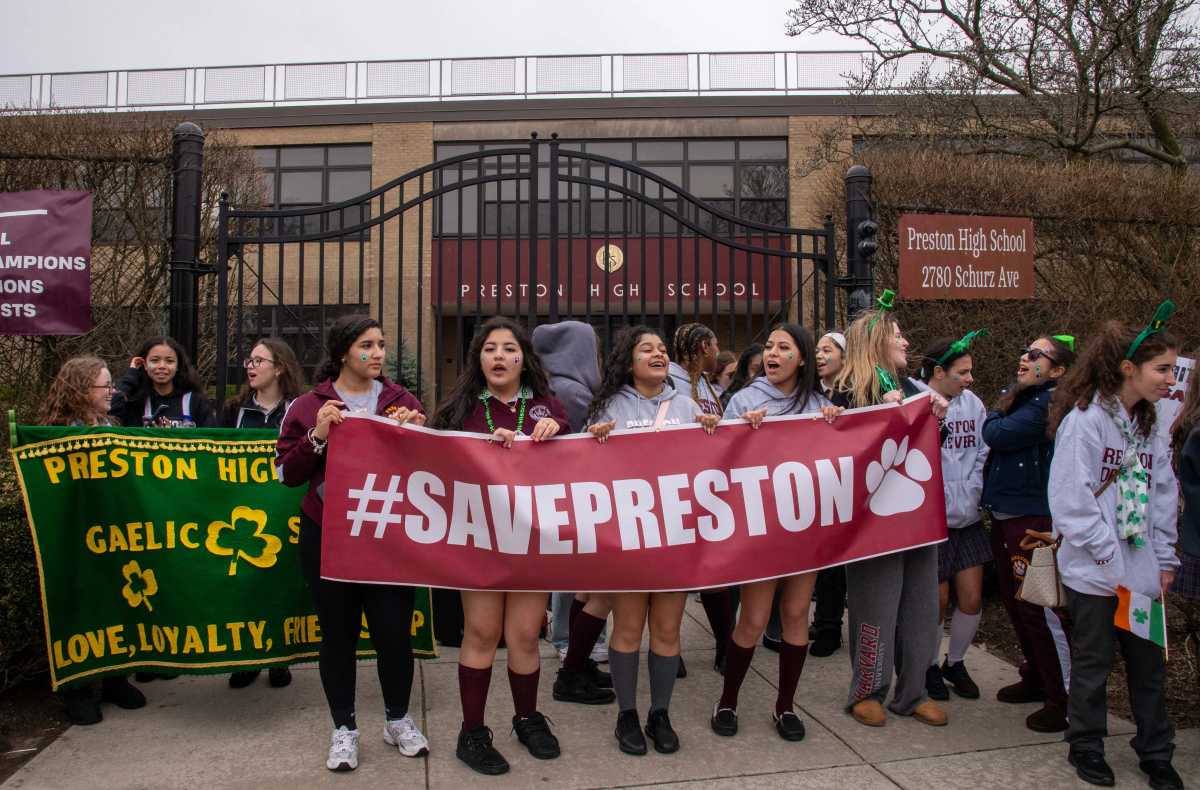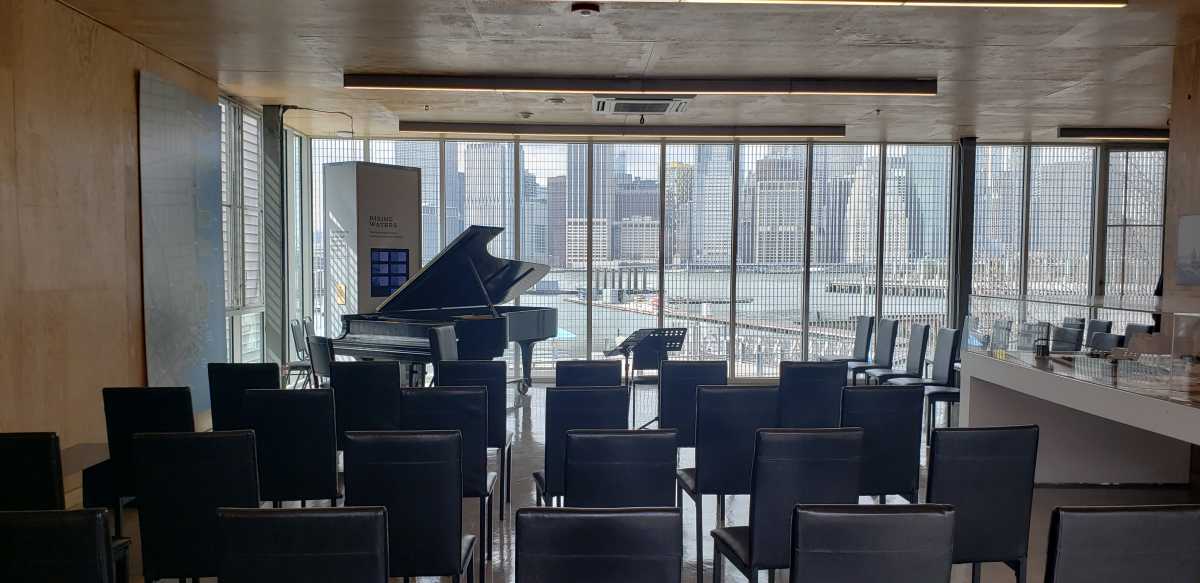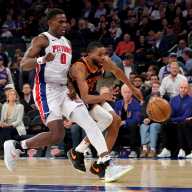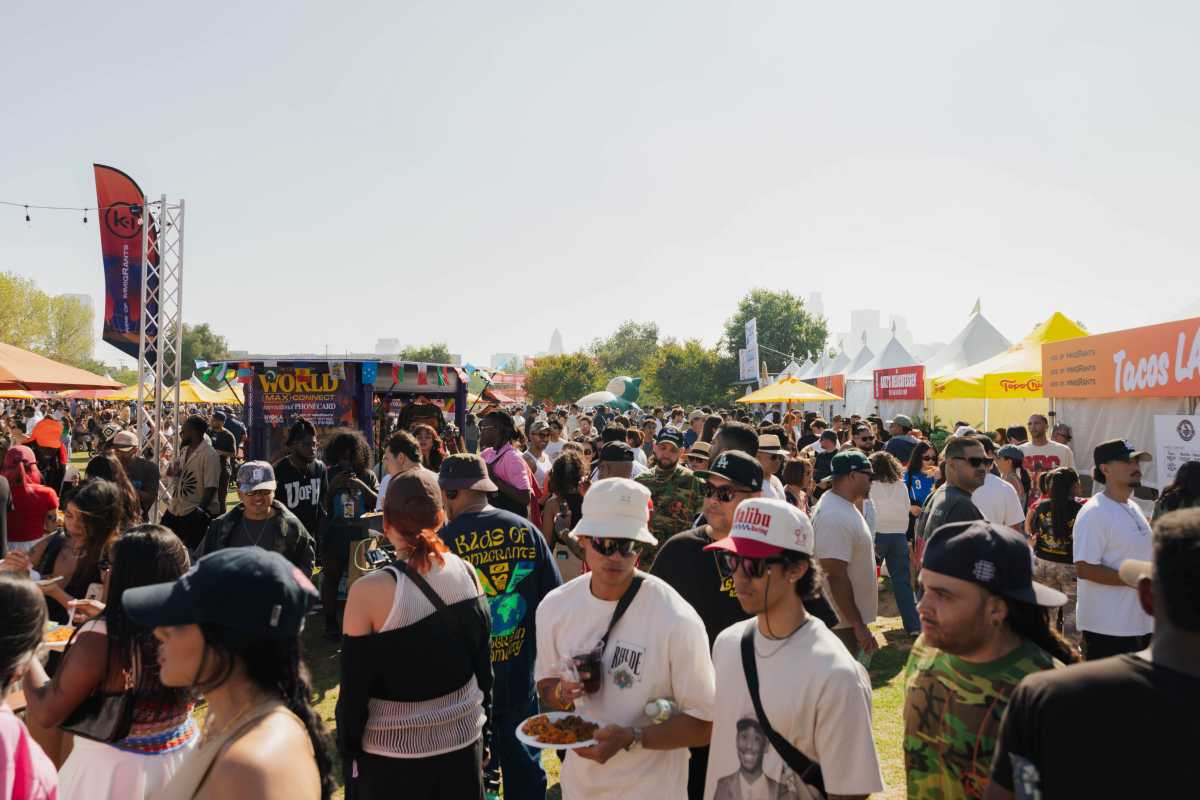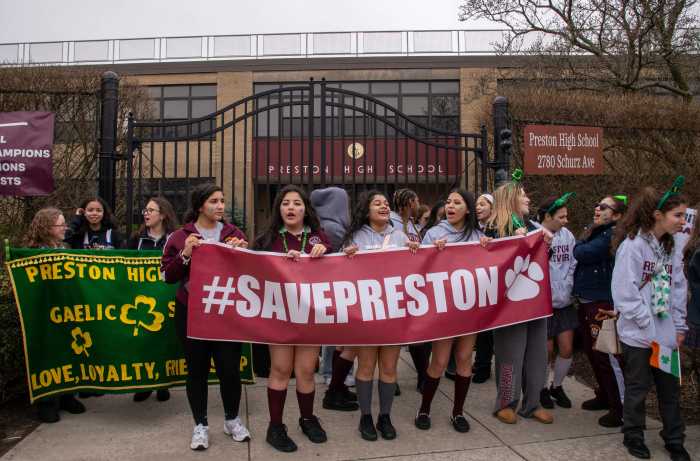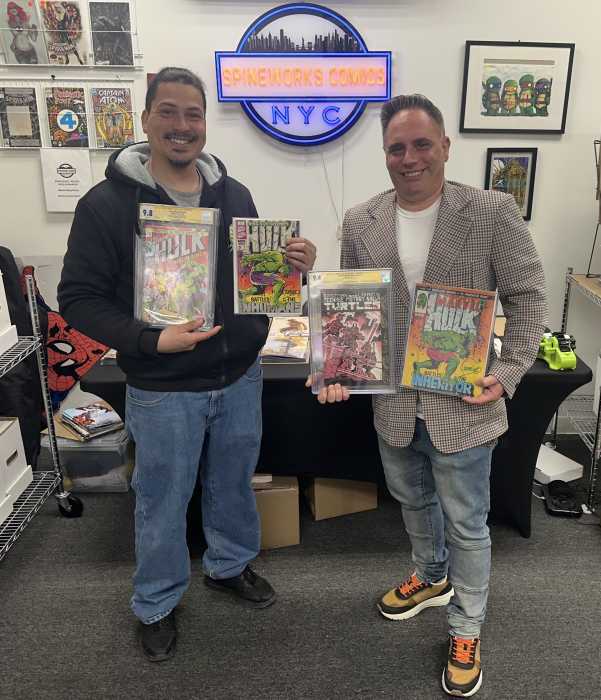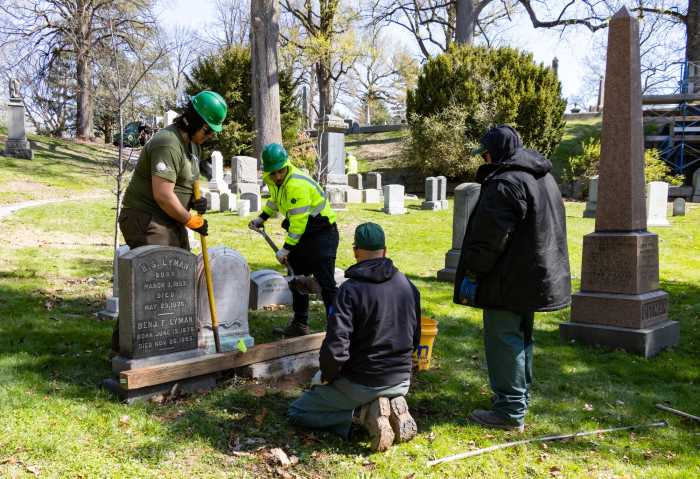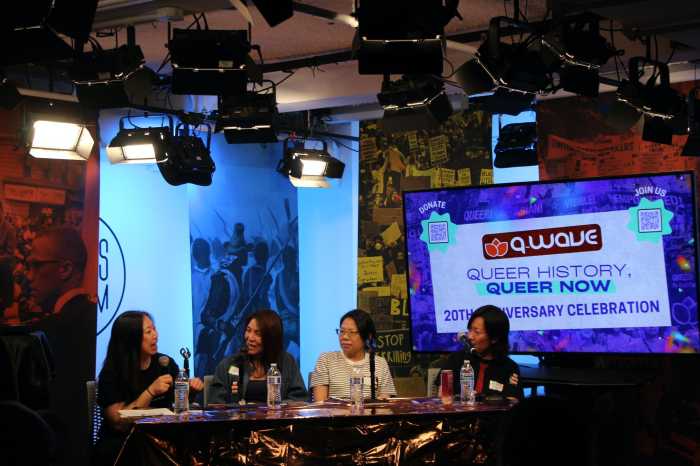“When in doubt, wear a mask.”
That’s the personal advice Mayor Bill de Blasio gave at his Wednesday press briefing to any New Yorker who’s still unsure about the changes to mask guidelines that took effect that day along with the rollback of numerous COVID-19 regulations.
The new guidelines that took effect on May 19, based on revised CDC guidance announce last week, allow any fully vaccinated New Yorker to do as they please without a mask, except in close quarters where they could face exposure to unvaccinated individuals. De Blasio said that includes places such as hospitals, nursing homes, schools and subways or buses.
“It’s just common sense,” de Blasio said. “The masks have helped us all to be healthier. Keep the masks on in those settings whether you are vaccinated or not.”
But the mayor acknowledged that many vaccinated New Yorkers who remain anxious about the virus might still wonder whether it’s appropriate to wear masks in other settings. For de Blasio, the situation comes down to a personal assessment of a situation.
“If you are vaccinated and you know that you’re around fully vaccinated people, you have a lot more freedom,” de Blasio said, advising that people can leave the mask off.
“When you’re not sure” whether all the people in a setting are vaccinated, the mayor cautioned, “my personal advice is, wear a mask.” De Blasio, who previously received the one-dose Johnson & Johnson COVID-19 vaccine, made a point of noting that he would follow his own advice.
While mask rules were waived in most settings for fully vaccinated New Yorkers, such as office, there are exceptions. De Blasio noted that the city will continue to require its municipal office workers to wear masks, regardless of vaccine status, because they may encounter a number of unvaccinated people in their daily business.
De Blasio dismissed the notion that the new mask guidelines might provoke confusion from the public, and he — along with the city’s top health experts — believe the CDC made the right call on May 13 in changing its mask-wearing advise.
“This is a good sign that we see the CDC is taking the lead on following the science here. We feel very strongly, based on our review of the evidence, that people who are vaccinated are at very low risk of being infected, and in the rare situation where they do get infected, they have a very low risk of transmitting it to other people,” said Senior Health Adviser Dr. Jay Varma.
If anything, the mayor believes this will further incentivize New Yorkers to get vaccinated against COVID-19, because it will allow them to enjoy the freedom of a mask-less life in the Big Apple.
“The bottom line is this: Vaccination equals personal freedom, and vaccination equals freedom from COVID for all of us,” he added.
If that isn’t enough incentive, later on Wednesday, the city’s Health Department sent out a reminder to New Yorkers hopeful to celebrate the Fourth of July while being fully vaccinated.
May 23 is the final day in which someone can get a two-dose COVID-19 shot and be considered fully vaccinated in time for Independence Day. The Pfizer and Moderna shots are administered 21 to 28 days apart, and it takes two weeks after the second shot is received for an individual to be considered fully vaccinated.
Once you’re fully vaccinated, Health Commissioner Dr. Dave Chokshi advised, you can then enjoy a barbecue, fireworks and all the other July 4 fun with family, friends and others without worrying about COVID-19.
“Vaccination will light up your life far brighter than any fireworks,” Chokshi said. “But to gather safely, you should be fully vaccinated, so this is your shot to have the best Fourth of July yet.”
Meanwhile, de Blasio boasted at his May 19 presser that all of the city’s COVID-19 indicators had fallen below their normal thresholds for the first time since mid-October. Ninety-six people were admitted to city hospitals with suspected COVID-19 cases, with 23.96% of them coming back with a positive case.
The city’s hospitalization rate was down to 0.92 per 100,000, and the 7-day positivity rate now stands at 1.44%. More than 7.6 million COVID-19 vaccine doses have been administered in the five boroughs.
